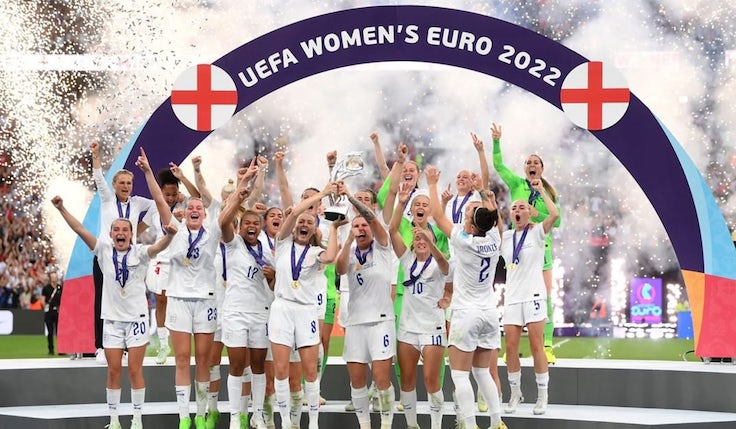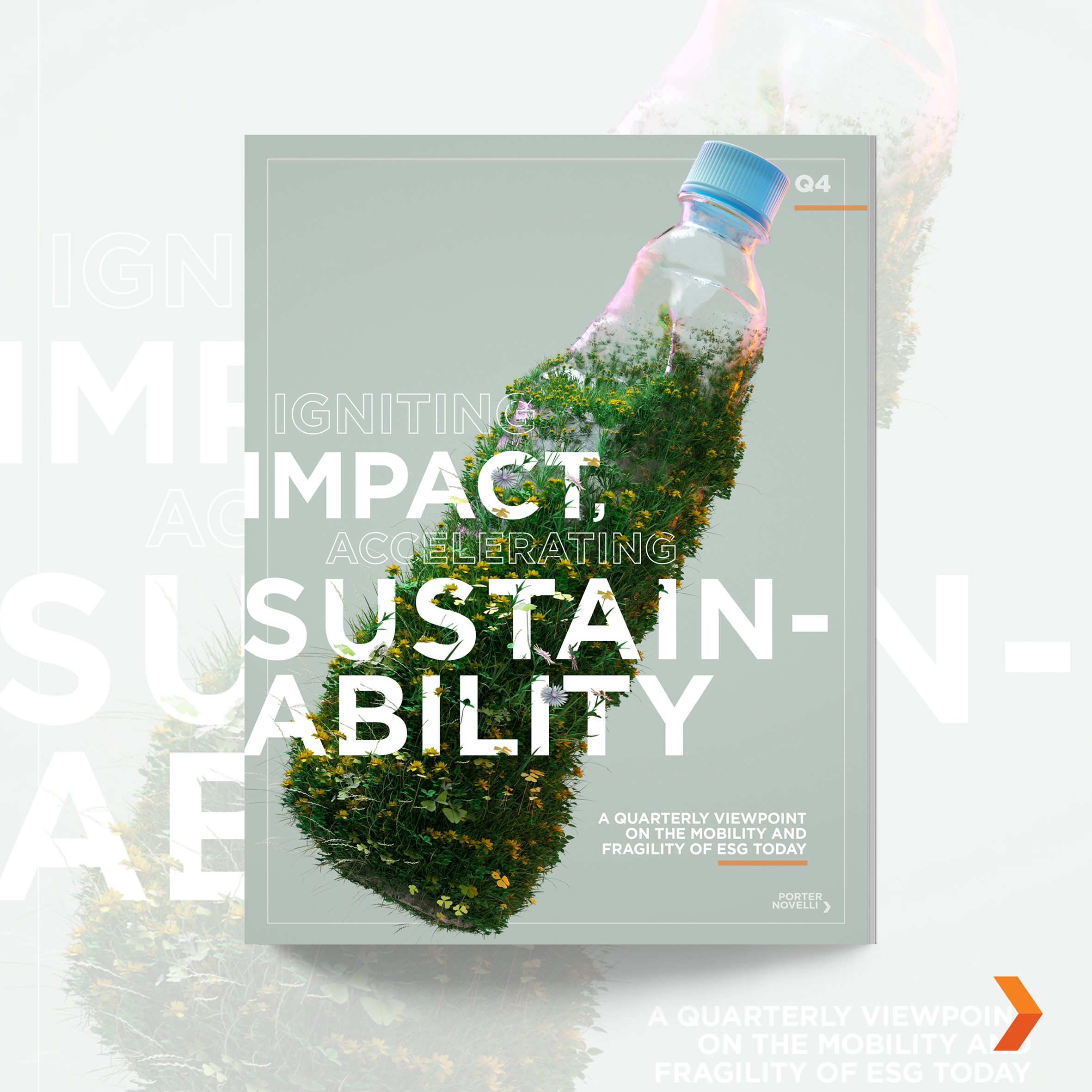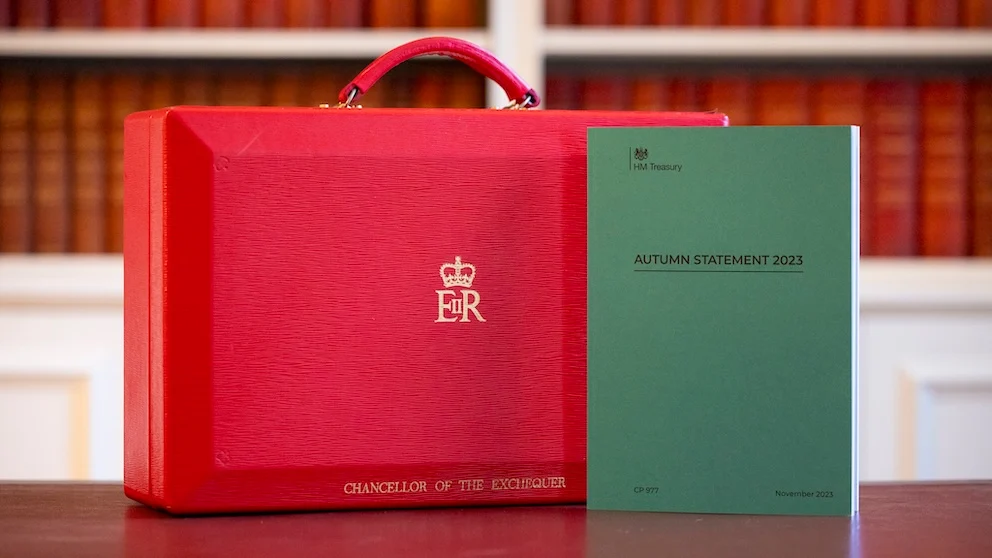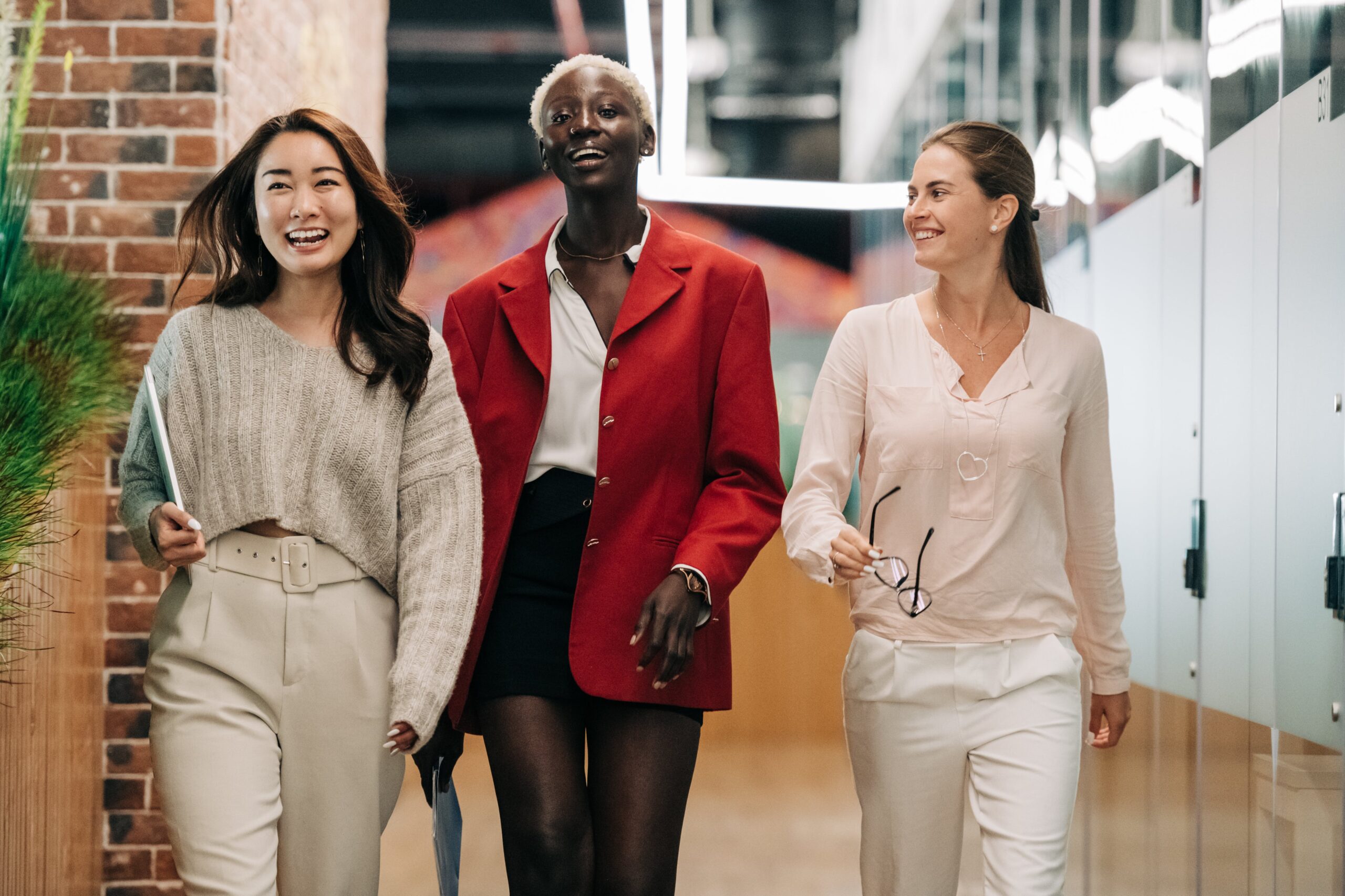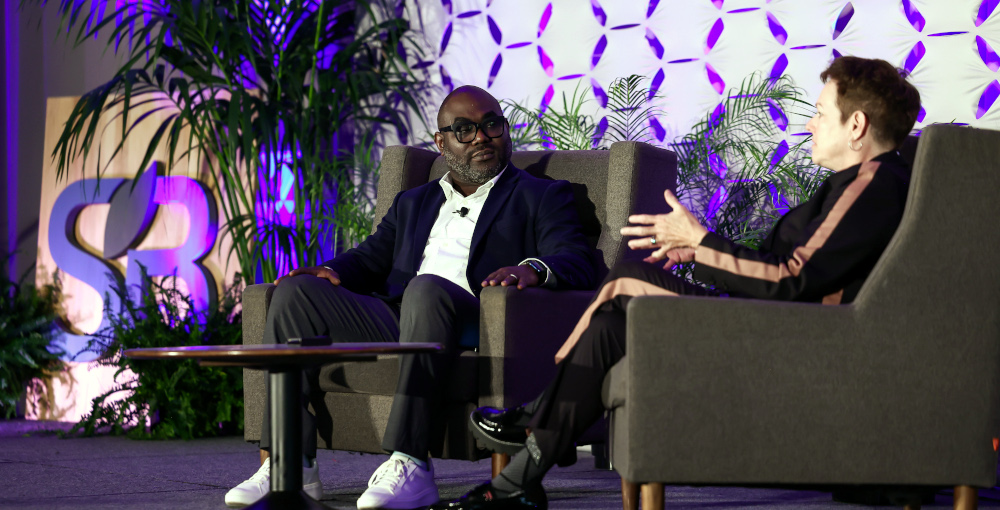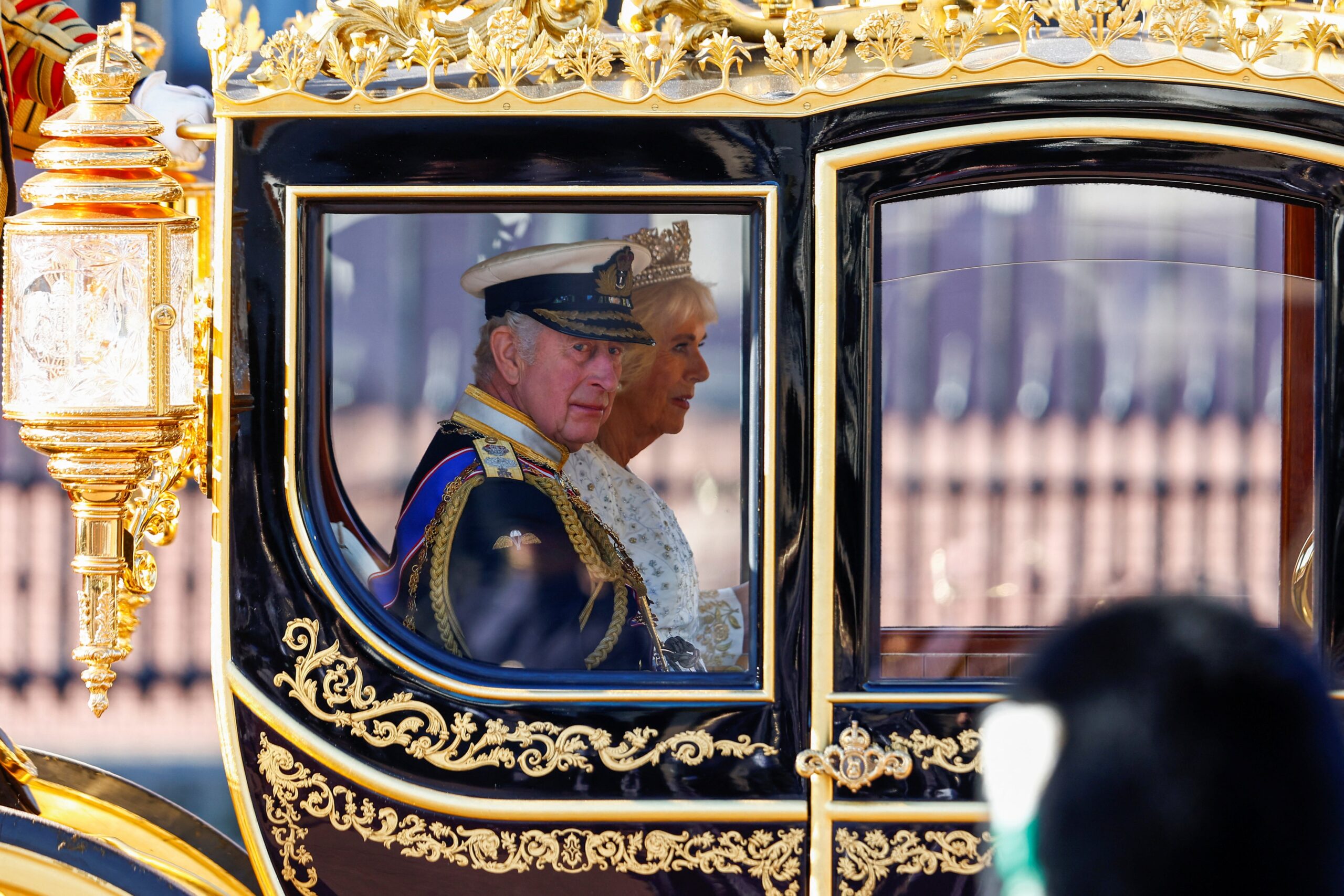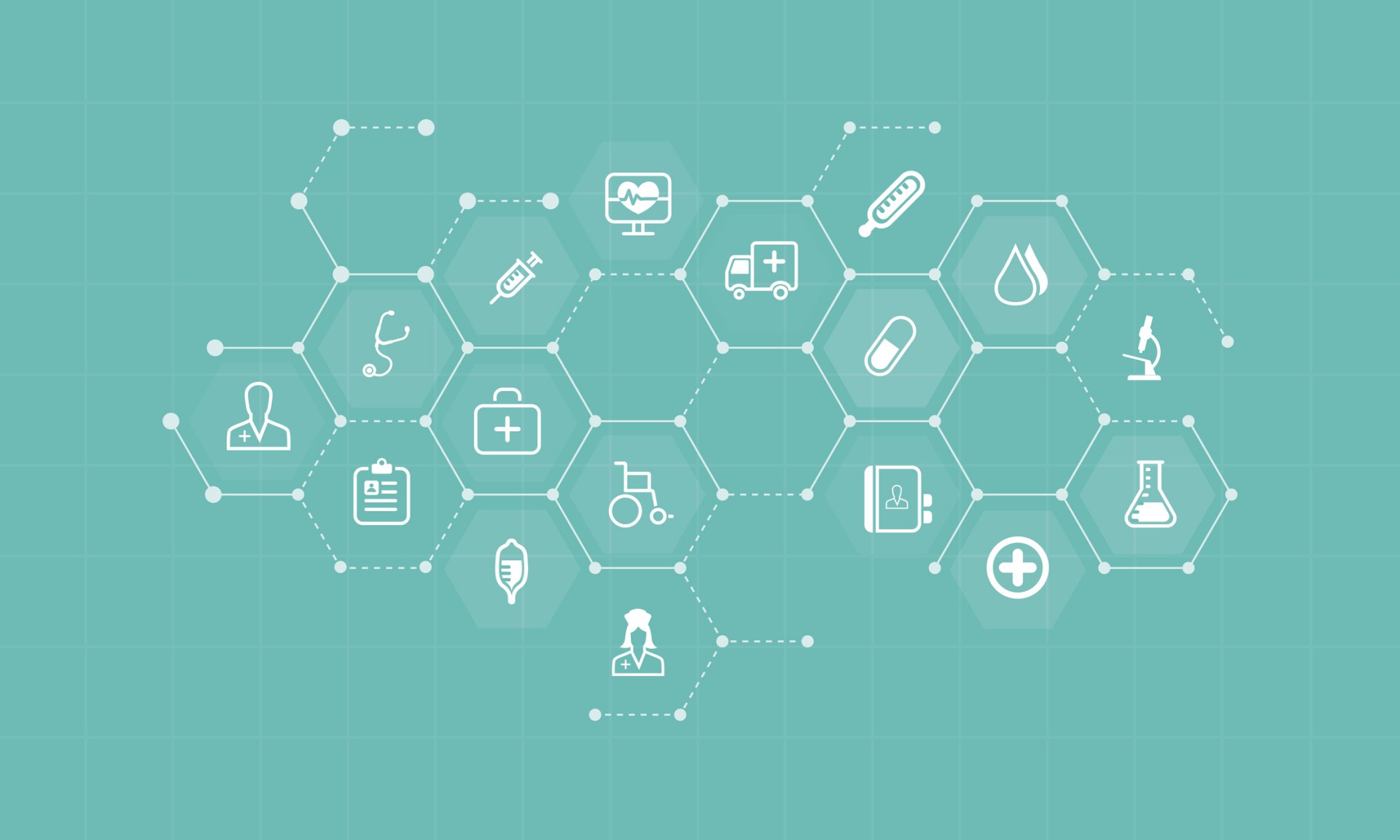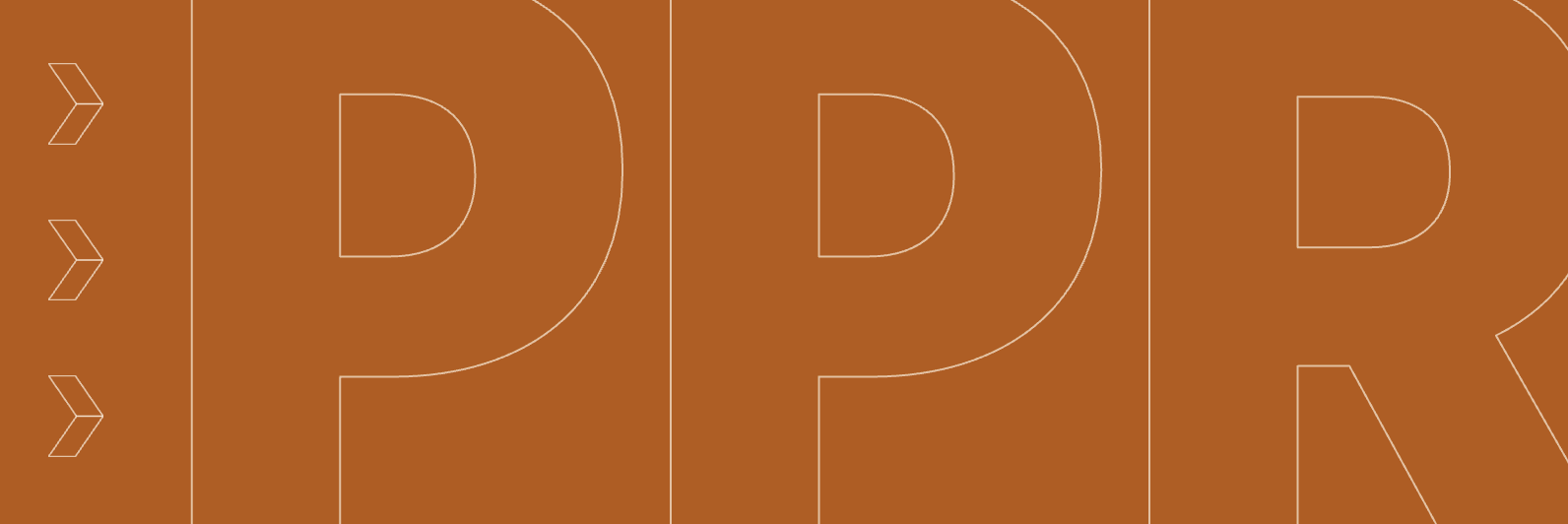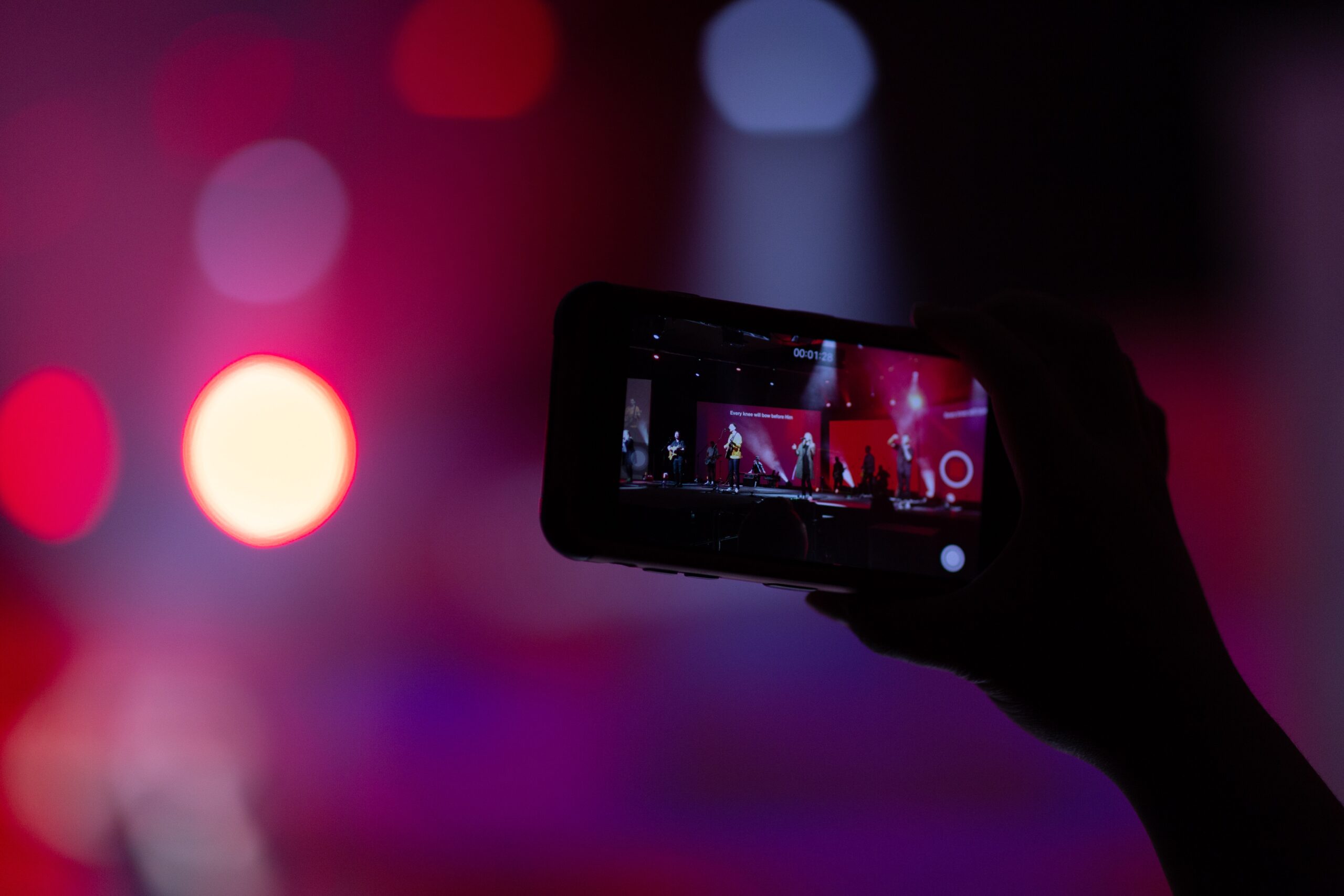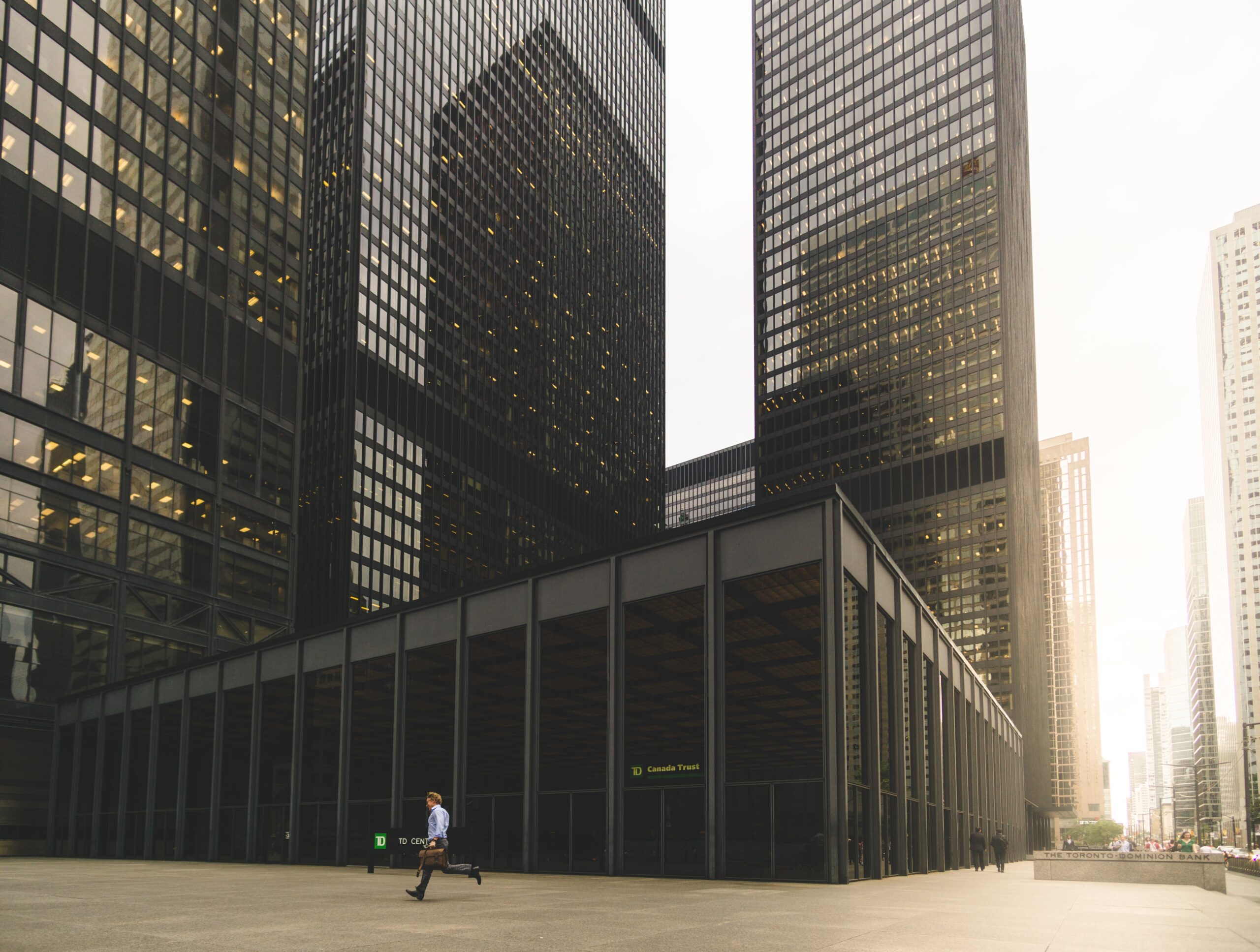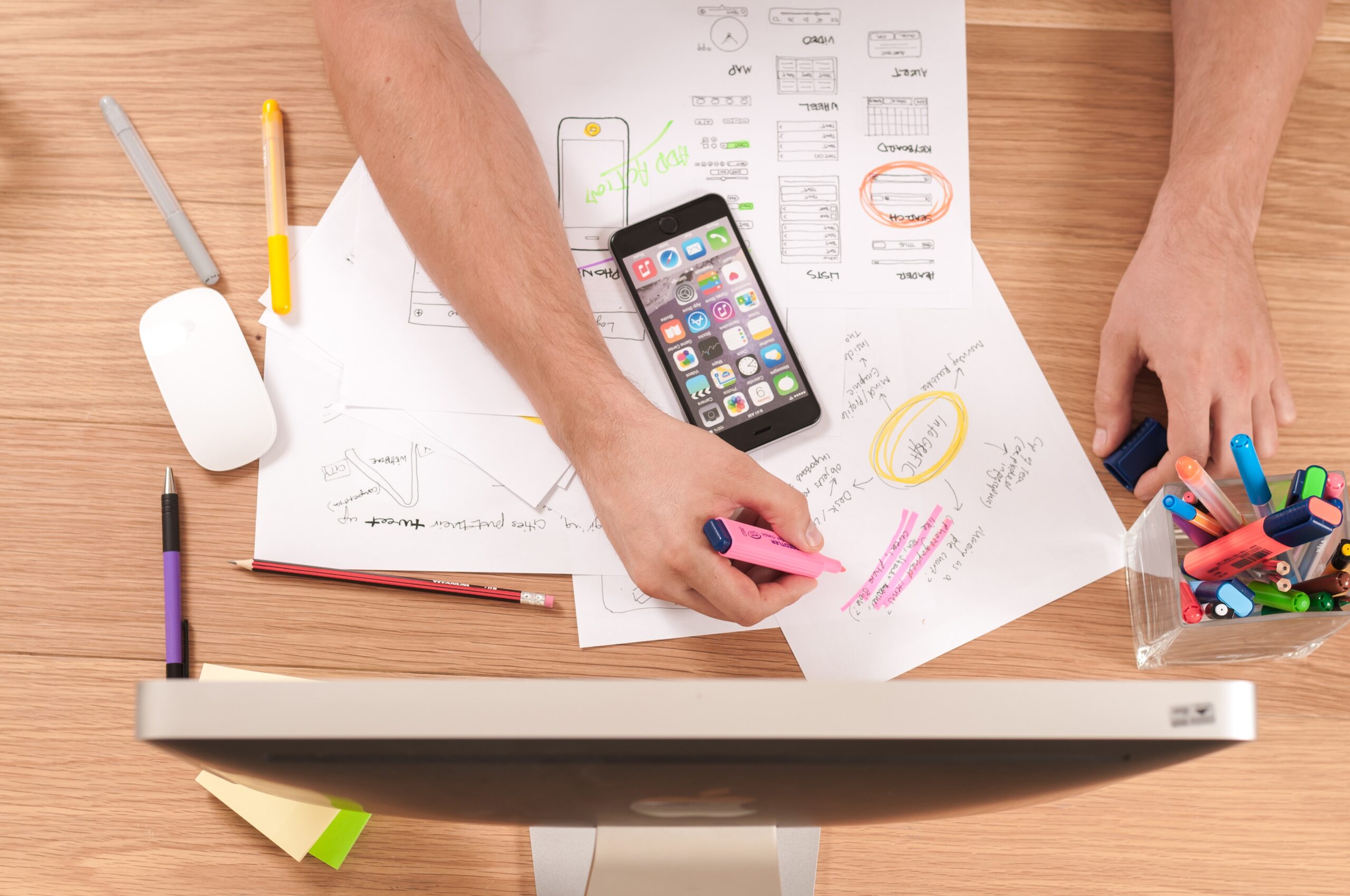31 July 2022 will forever be etched into people’s minds as a day when history was made. Not least because the England football team FINALLY bought the Euros home but because the team that did it were women. It was a moment that changed the course of history, the game and, most importantly, the gender equality agenda. As a nation, we couldn’t be prouder. The match not only broke the German team (let’s face it that’s a rare occurrence), it broke down barriers in sport.
On top of the life-changing achievements of this stand-out team, recognition will start to be comparable to the men’s game, in the form of advertising deals and sponsorship. There is also a clear mandate from those at the top to not let this slip, to continue with the progress that’s been made, to invest in the women’s game and to champion the role models that make a difference.
The Lionesses have changed perceptions of female football. And whilst this success opens up more conversations about the importance of inclusive opportunity, it also highlights other groups who still have a way to go.
Like those with limb differences.
Ahead of the 2020 Tokyo Paralympics, many international organisations came together to launch #WeThe15 . It was spearheaded by the International Paralympics Committee and was the biggest ever human rights movement to represent the world’s largest marginalised group – those with disabilities. The initiative aimed to end discrimination and highlight the need for visibility, accessibility and inclusion for all individuals in this group who make up 15% of the global population.
I’m no maths genius but can clearly see that 15% (of over 7 billion people in the world) is representative of a big group of people – 1.2 billion in fact. And we are currently watching and celebrating the achievements of many within this group at the 2022 Commonwealth Games in Birmingham. So, it’s massively disappointing that just a year or so on from #WeThe15 and the coverage of the current games, that the media response we experienced to a recent campaign – the celebration of 25 years of a genuinely life changing prosthetic limb – was rather lacklustre.
After 25 years, the latest model incorporated some seriously innovative technology so why shouldn’t it belong in the ‘what’s hot’ columns alongside all the other tech, from smart watches to speakers, that promises to enhance peoples’ lives? Except that sadly, we struggled to achieve this.
From ‘sorry it’s not right for the readers’ to ‘this is interesting but we’re unable to pursue it right now’ to simple silence. And all this was during Disability Pride Month. It’s disheartening to experience this and it’s clear that we still seem a long way off inclusivity for all, despite the current TV coverage and a media agenda that claims to reinforce the importance of DE&I.
The success of the Lionesses is not saying to girls everywhere you HAVE to be interested in football. No. The point this team has made is about representation. It’s equality of opportunity.
The struggles we faced in getting coverage for this story have highlighted an ongoing say-do gap for how disability is covered in the media. If a water bottle, sports bra, new app or a pair of trainers are all talked about as proven to support an active life – with articles aplenty dedicated to promoting them – why not a life-changing prosthetic limb? We can see the benefits of this kind of technology right now at the games! Surely the media has a responsibility to reinforce the idea that everyone is worthy of support in their pursuit of an active life at whatever level? The refusal to cover the story shows that perhaps they aren’t so keen in doing it.
The Lionesses proved that everyone deserves to feel represented. And with the media preaching inclusivity by way of getting behind women’s football and giving recognition to gender equality issues why are they not doing the same for people with disabilities? What do brands need to do to instigate this change? As comms professionals we must continue to strive for inclusion, call out disappointments when it doesn’t happen and have candid conversations with media partners about this gap that needs to be bridged. After all, it only takes one win to propel a movement.


